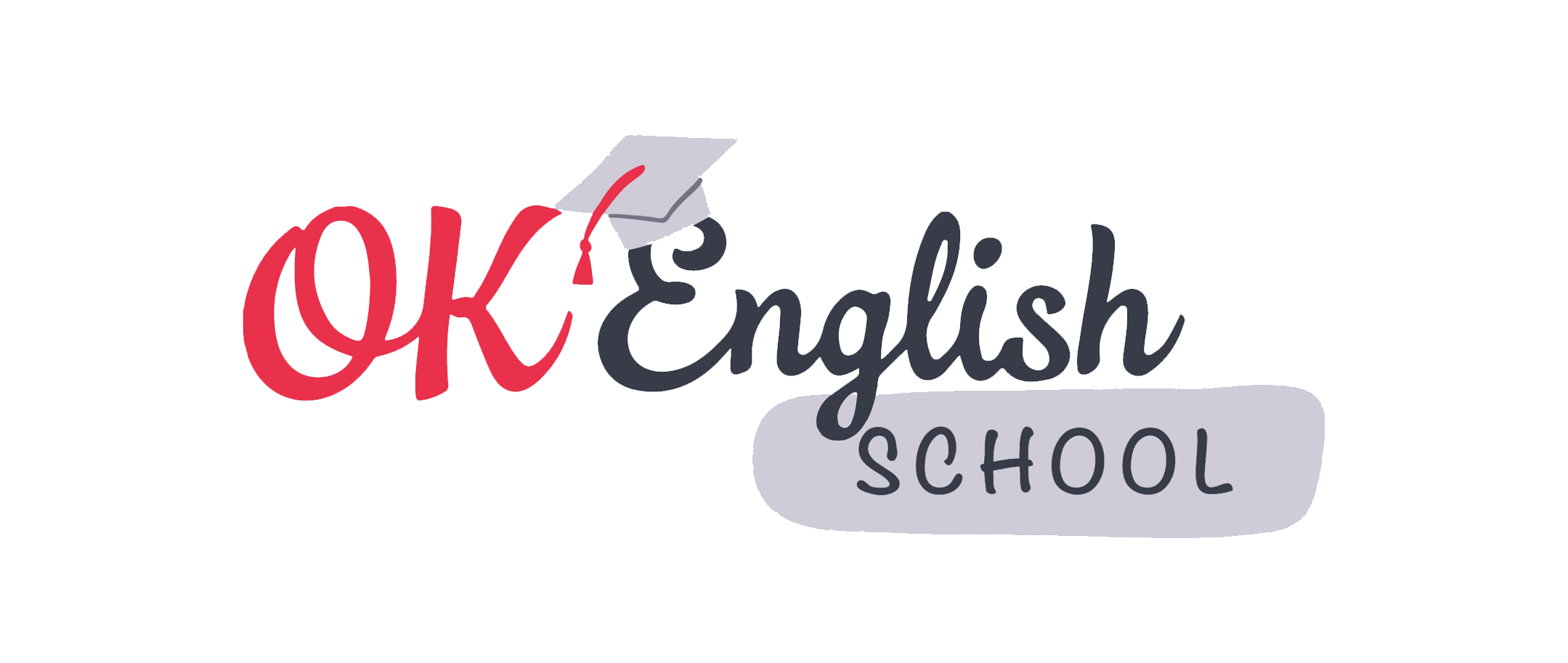Word List. Unit 15

 To adhere means to act in the way that a rule or agreement says is right.
To adhere means to act in the way that a rule or agreement says is right.
If the new employees wish to succeed, they must adhere to the boss’s rules.
 To administer means to take responsibility for organizing something.
To administer means to take responsibility for organizing something.
The teacher’s assistant will administer the test.
 When people are compassionate, they feel pity and sympathy for others.
When people are compassionate, they feel pity and sympathy for others.
The compassionate nurse tried to make the sick man feel comfortable.
 To contaminate something means to put dirty or harmful chemicals into it.
To contaminate something means to put dirty or harmful chemicals into it.
The lake was contaminated when pollutants entered into the water.
 A deficiency is a lack of something, especially something that is needed.
A deficiency is a lack of something, especially something that is needed.
Your snack has a deficiency of any real nutrients.
 An epidemic is an outbreak of a disease that spreads quickly.
An epidemic is an outbreak of a disease that spreads quickly.
It was difficult to stop the flu epidemic.
 A hazard is something that could be dangerous to a person’s health or safety.
A hazard is something that could be dangerous to a person’s health or safety.
Smoking cigarettes poses many health hazards.
 When something is imperative, it is extremely important and must be done.
When something is imperative, it is extremely important and must be done.
It was imperative for him to find a job.
 Intestines are tubes through which food passes after it leaves the stomach.
Intestines are tubes through which food passes after it leaves the stomach.
Whatever you eat goes into your intestines.
 To manifest means to make something visible or obvious.
To manifest means to make something visible or obvious.
The holiday season manifested joy in the children.
 When something is metabolic, it relates to a person’s or animal’s metabolism.
When something is metabolic, it relates to a person’s or animal’s metabolism.
People who have a low metabolic rate will gain weight.
 When a place is overcrowded, it has too many people orthings in it.
When a place is overcrowded, it has too many people orthings in it.
The lobby was overcrowded with people.
 When something is paramount, it is more important than anything else.
When something is paramount, it is more important than anything else.
The safety of passengers must be paramount when designing a car.
 A practitioner is a doctor.
A practitioner is a doctor.
She made an appointment with the practitioner to treat her cough.
 The provision of something is the act of giving it to people in need or want.
The provision of something is the act of giving it to people in need or want.
That department is responsible for the provision of emergency supplies.
 To replenish something means to make it full or complete again.
To replenish something means to make it full or complete again.
We planted nearly one hundred seeds to replenish the garden after the fire.
 When something is sterile, it is completely clean and free from germs.
When something is sterile, it is completely clean and free from germs.
The hospital room looked quite sterile.
 To upgrade something means to improve it or make it more efficient.
To upgrade something means to improve it or make it more efficient.
He upgraded to a real fancy car.
 When something is viable, it is capable of doing what it is intended to do.
When something is viable, it is capable of doing what it is intended to do.
Her method of solving the math problem seemed viable.
 When something is voluntary, it is done by choice but is not required.
When something is voluntary, it is done by choice but is not required.
Many people attended the voluntary boat safety class.
Epidemic in Zimbabwe
In August of 2008, a deadly cholera epidemic manifested in Zimbabwe. A severe health hazard caused the outbreak. There was an extreme lack of clean drinking water in the overcrowded urban cities. Garbage and chemicals got into the public water supplies and contaminated them. Since people did not have access to other sources, they had to drink the dirty water.
The outbreak spread rapidly and infected almost 16,000 people. The illness caused extreme pain in people’s intestines. It also caused a deficiency of important fluids in sick people’s bodies. Without the proper fluids and minerals, metabolic processes stopped working correctly. People were unable to digest food properly or replenish their lost nutrients. If they had not received viable treatment, they would have been likely to die. It was imperative for help to come soon. However, the government of Zimbabwe was unable to provide help to its people. The government didn’t have a plan to stop the spread of cholera. In addition, the country was too poor to get clean water or medication for the sick. The people seemed to be doomed.
Luckily, many other countries recognized the paramount need to contain the outbreak. Dozens of voluntary practitioners from Britain, France, the United States, and other countries went to Zimbabwe to treat the disease. Through the provision of sterile drinking water and medication, people finally got the treatment they badly needed. The compassionate doctors were able to save the lives of thousands. By january of 2009, the epidemic was almost completely contained. Today, the Zimbabwean government is working with other countries to prevent future epidemics. They are cleaning up the water supply and learning how to avoid health hazards. The system used to filter water is being upgraded. The government now administers the water supply plants and makes sure that they adhere to strict safety guidelines. Hopefully, future instances of cholera will be treated before they start deadly epidemics.

